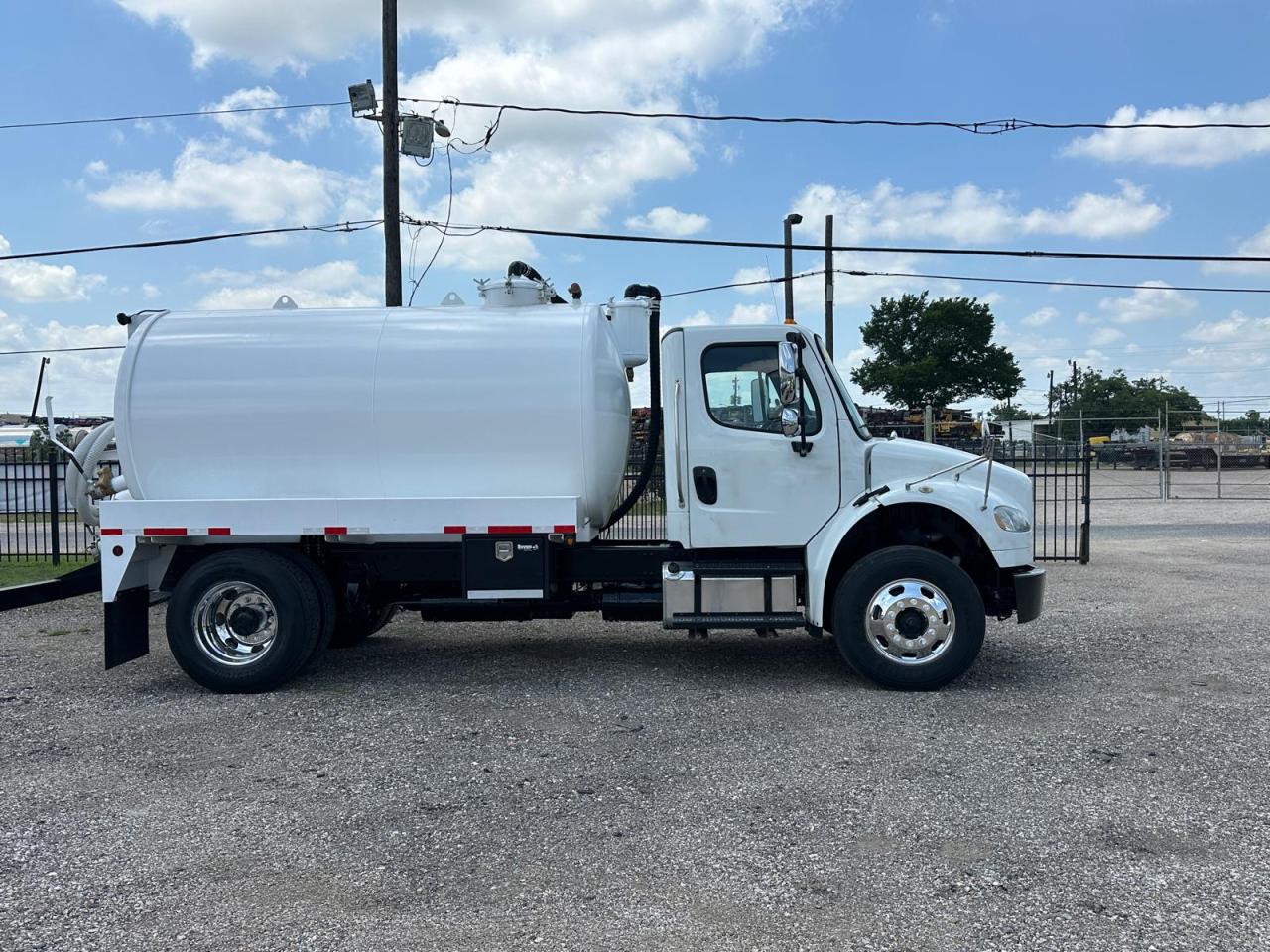How long do Aluminum Vacuum Tanks Last compared to a Steel Vacuum Tank?
For truck buyers and fleet operators, knowing the lifespan of Aluminum and Steel Vacuum Tanks plays a significant role in the decision-making process. This article provides a detailed analysis of the durability of both the Aluminum 2500 Gallon Tank and the Steel 2500 Gallon Tank.
The Life Expectancy of an Aluminum 2500 Gallon Tank
Aluminum vacuum tanks, specifically the Aluminum 2500 Gallon Tank, have gained popularity in recent years due to their lightweight nature, resistance to corrosion, and overall durability. These factors significantly contribute to their lifespan, which is around 15-20 years on average. This, of course, depends on the tank's usage, maintenance, and type of wastewater being stored.
The Life Expectancy of a Steel 2500 Gallon Tank
On the other side, the Steel 2500 Gallon Tank, an old stalwart of the industry, is renowned for its strength and rigidity. Steel tanks typically have a lifespan of around 10-15 years. This comparatively shorter life expectancy is mainly due to the susceptibility of steel tanks to corrosion, especially when subjected to harsh environments or corrosive waste materials.
GM Sales and Exports Assistance
Whether you are planning to purchase an Aluminum 2500 Gallon Tank or a Steel 2500 Gallon Tank, GM Sales and Exports can provide you with all the assistance you need. With extensive industry knowledge and a broad range of services, our team can guide you through the process and ensure you make an informed decision. You can get in touch with us via phone at 888-497-2343 or email at [email protected].
A Detailed Comparison
While examining the life expectancy of an Aluminum 2500 Gallon Tank versus a Steel 2500 Gallon Tank, one must look beyond their major points of structural difference. Determining the tank which suits your needs involves evaluating other associated factors, such as cost, maintenance, weight, and its effect on gas mileage.
Corrosion Resistance
One of the most potent factors affecting a tank's lifespan is its ability to resist corrosion. As previously mentioned, Aluminum 2500 Gallon Tanks are highly resistant to corrosion, unlike their steel counterparts. This is due to the protective oxide layer that forms naturally on the surface of the aluminum, defending it against decay. Meanwhile, steel tanks are more susceptible to rust and degradation, hence requiring additional protective measures or more frequent replacements.
Weight and Gas Mileage
Aluminum 2500 Gallon Tanks are lighter than steel tanks, thereby improving gas mileage for trucks. This is a critical factor to consider, especially for fleet operators aiming to optimize operational cost and efficiency. The heavier the truck, the high the fuel consumption is, as it needs more energy to transport the heavy load.
Price and Maintenance
While Aluminum 2500 Gallon Tanks generally last longer, they can be more expensive upfront compared to Steel 2500 Gallon Tanks. The maintenance cost is another aspect to consider when calculating overall cost-effectiveness, as maintaining a Steel Vacuum Tank can get costly over time compared to an Aluminum one, due to their susceptibility to corrosion.
Final Note
Solely comparing the lifespan of an Aluminum 2500 Gallon Tank to a Steel 2500 Gallon Tank is not the most effective way to determine which is the best fit for you. It’s essential to consider all individual factors that affect its longevity, cost-effectiveness, and operational efficiency. In making your decision, remember that GM Sales and Exports is there to support you throughout the process, providing you with the necessary industry expertise to make the best choice.
